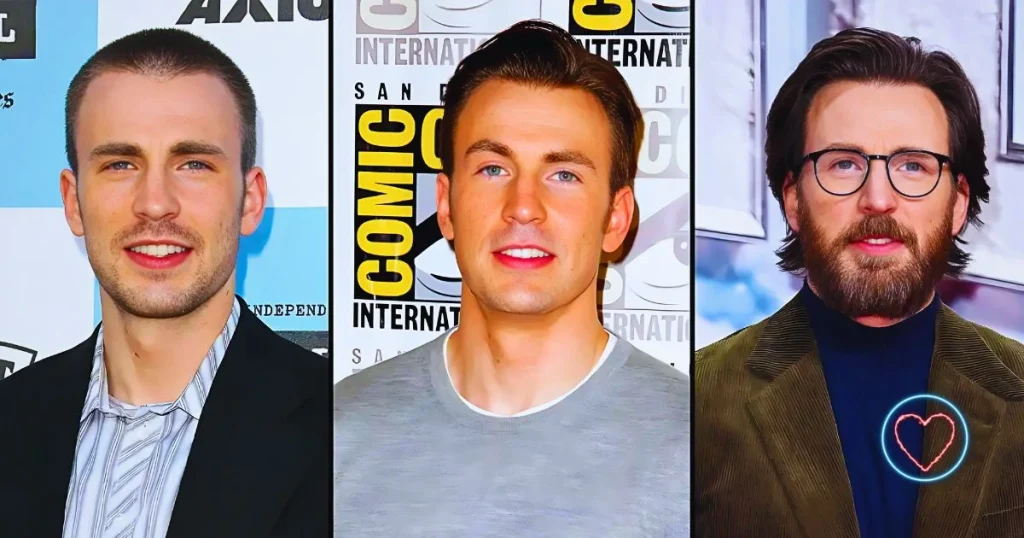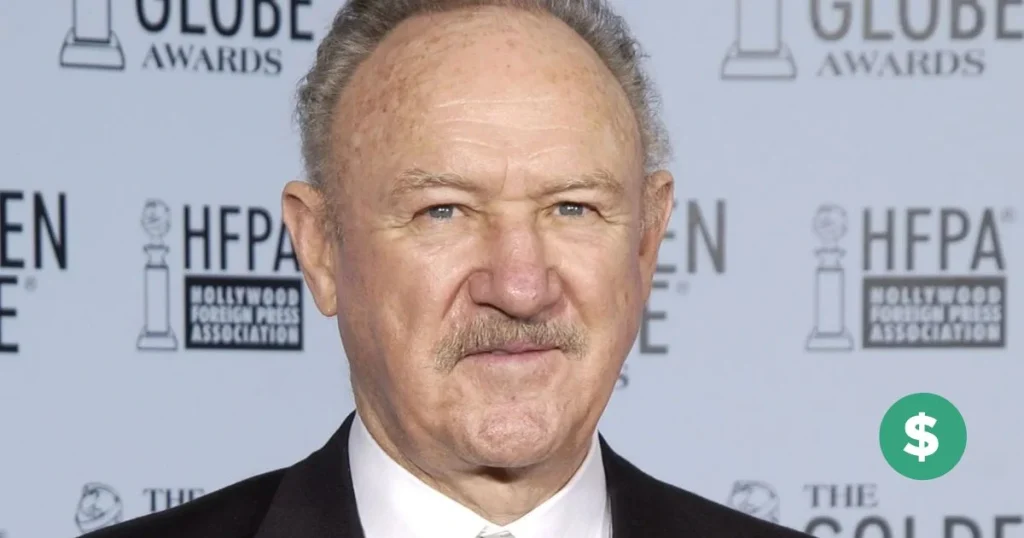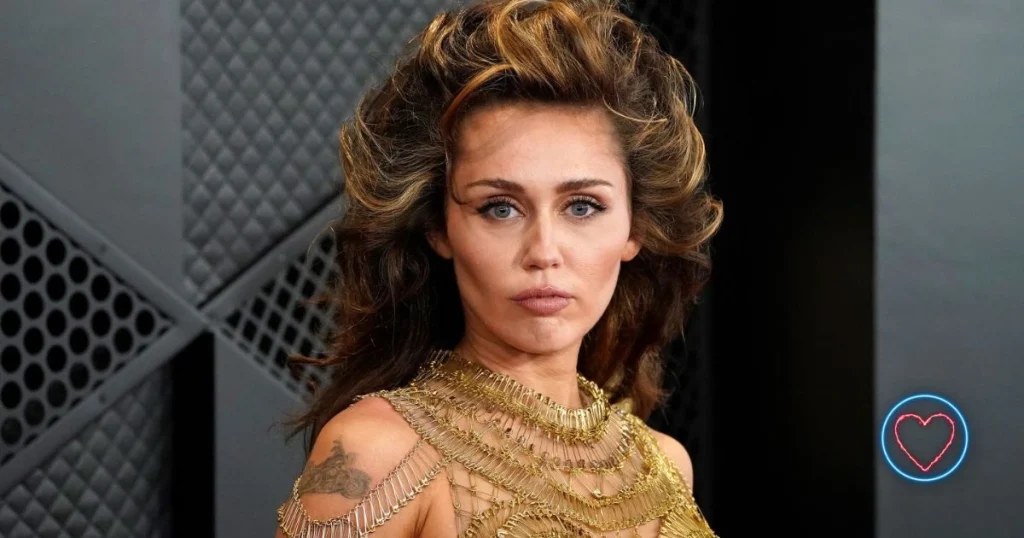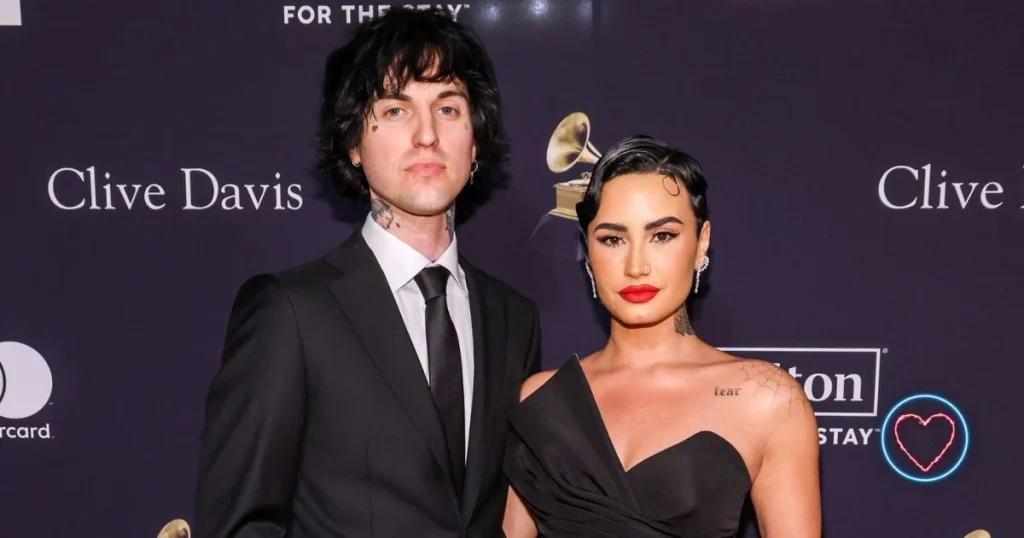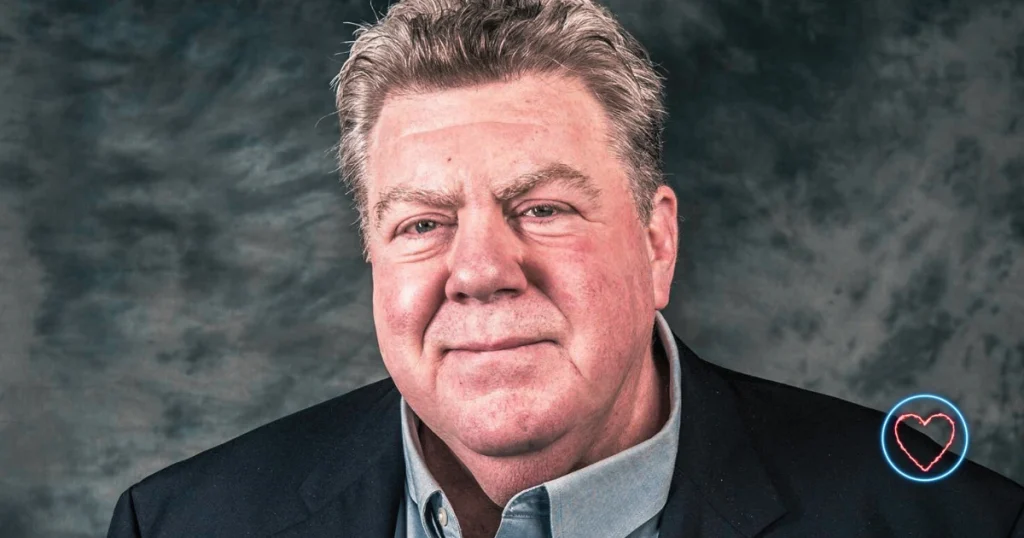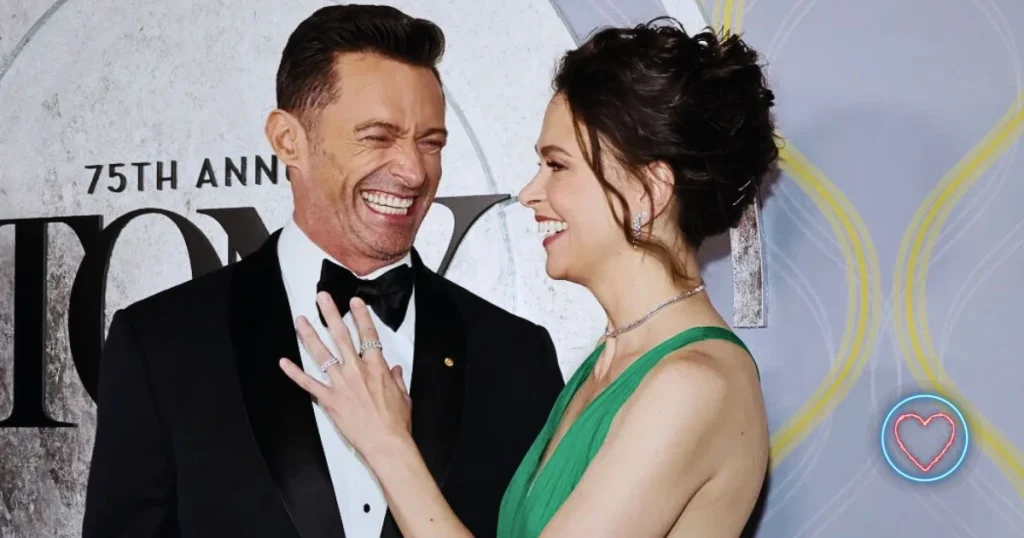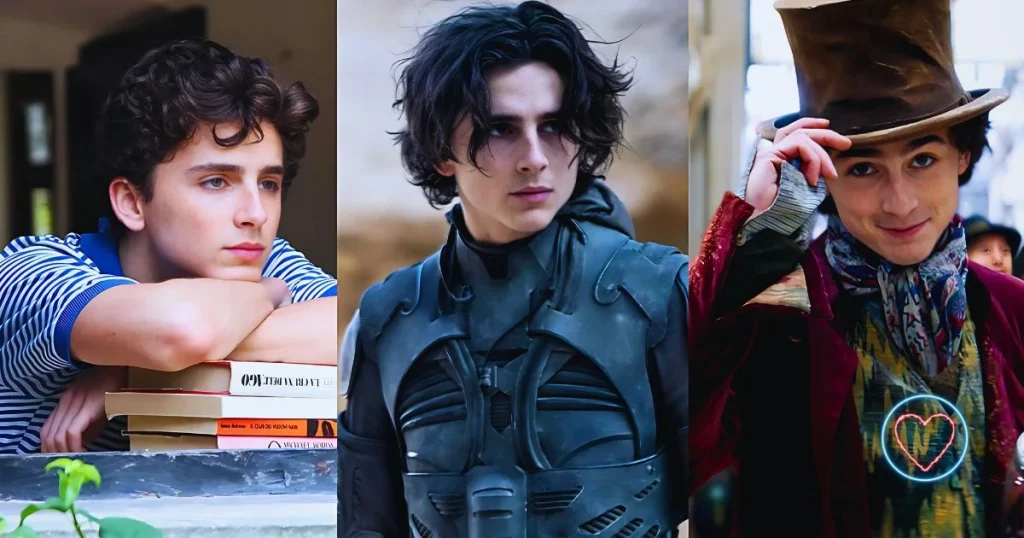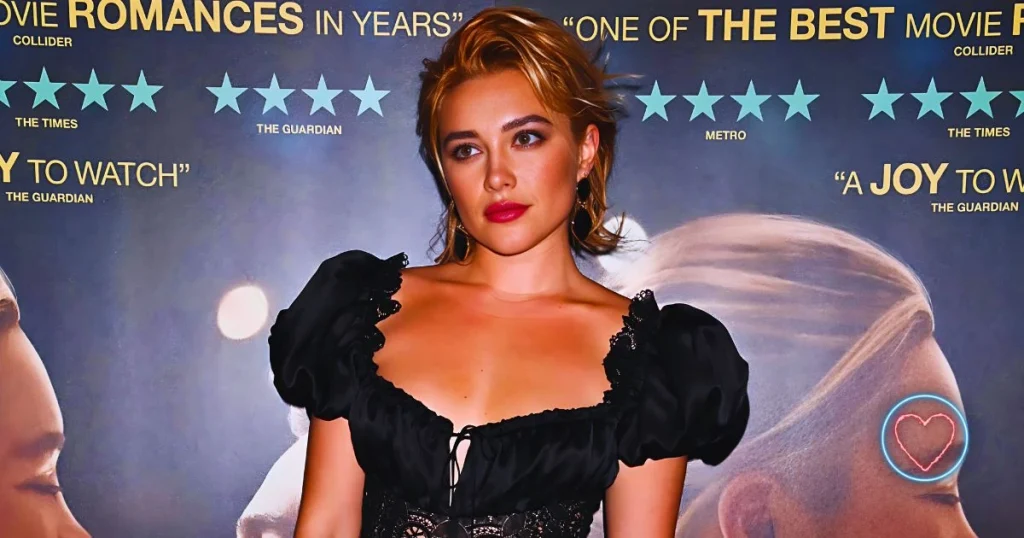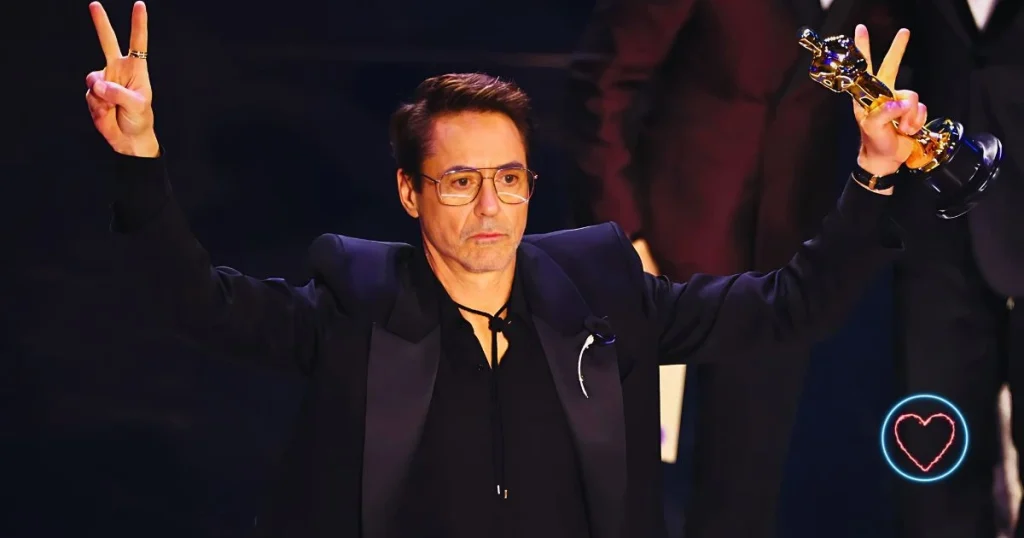For over a decade, Chris Evans embodied Captain America, one of Hollywood’s most iconic roles. He led the Avengers, earned global fame, and won admiration for both his performance and grounded personality. Yet behind Marvel’s glittering success, another story unfolded — one filled with tense negotiations, creative clashes, and private conflicts that few fans know about.
This is the untold story of the contract battle that nearly shattered Evans’ relationship with Marvel.
The Reluctant Beginning
Marvel first approached Chris Evans for Captain America when he felt uncertain about returning to the superhero genre. He had already played Johnny Storm in Fantastic Four and worried about getting typecast. Even more, the studio offered him a multi-picture deal that would tie him down for years.
Anxiety plagued him. Evans feared losing his privacy and being trapped in a role for too long. After intense discussions with Marvel executives and advice from family, he agreed. He signed for six films, stepping into a role that would change his career forever.
Marvel’s Growing Empire Sparks Tension
As the MCU grew into a global powerhouse, so did Evans’ star power. Films like The Avengers and The Winter Soldier brought in billions. While Marvel earned massive profits, Evans and his team started questioning his compensation.
His initial contract paid modestly compared to the billions Marvel earned. When Civil War and Infinity War approached, Evans knew his value had skyrocketed. Negotiations grew intense. Evans demanded not just more money but also greater creative input. He wanted Captain America to remain complex and human, not a flat symbol.
Marvel, however, resisted. The studio preferred to keep creative control centralized to maintain its cinematic vision.
The First Showdown: Infinity War and Endgame
The conflict reached its peak during the preparations for Infinity War and Endgame. By then, Robert Downey Jr. had renegotiated his contract for bonuses rumored at over $50 million per film. Evans, despite leading the franchise alongside him, earned significantly less.
His representatives argued for equal pay. Marvel hesitated, facing skyrocketing salaries across multiple stars. Studio executives even drafted alternate scripts to write Captain America out early if Evans became too difficult to retain.
Marvel considered replacing Steve Rogers or transferring the shield sooner than planned. The stakes grew higher with each meeting.
The Battle Over Captain America’s Ending
Money wasn’t the only issue. Creative control over Steve Rogers’ fate became another major point of friction.
Marvel had pitched several endings for Captain America — some leaving his fate ambiguous, others killing him off. Evans pushed hard for the conclusion fans ultimately saw: Steve returning to live a full life with Peggy Carter.
He argued that this ending honored Captain America’s journey and offered closure for fans who had invested in his story for a decade. After intense negotiations, Marvel compromised. Evans secured the ending he wanted, a fitting farewell that resonated deeply with audiences.
Post-Endgame: The Secret Offer
After Endgame, Marvel wasn’t ready to let go. Studio executives offered Evans new deals for limited appearances — cameos, animated voiceovers, and Disney+ projects.
One insider claimed Marvel floated a secret deal worth up to $100 million. Evans declined several offers. He cited creative fatigue and a desire to explore new projects. Though he didn’t rule out returning someday, he refused to lock himself into another long-term contract.
Marvel quietly kept negotiations open, hoping the multiverse storyline might tempt him back eventually.
Behind Closed Doors: Marvel’s Frustration
Publicly, Marvel and Evans maintained a friendly narrative. Privately, tensions lingered. Some insiders revealed that Marvel executives grew frustrated by Evans’ demands. They feared other actors might follow his lead, pushing for more power and pay.
In response, Marvel shifted strategies for Phases 4 and 5. The studio introduced new, younger characters on long-term, lower-cost contracts. This allowed Marvel to maintain control and avoid future costly standoffs with major stars.
Evans’ contract dispute helped shape Marvel’s approach to talent management moving forward.
The Heavy Toll on Evans
Throughout these tense years, Evans privately battled intense emotional strain. He has spoken openly about the anxiety that followed him during his time with Marvel. The pressure to carry one of the world’s biggest franchises became overwhelming.
Every contract negotiation risked becoming tabloid fodder. Rumors painted him as either greedy or difficult. Friends described Evans as someone who values integrity and creativity over money. Ultimately, walking away from Captain America protected both his career and mental health.
A Gamble That Paid Off
In the end, Evans’ risk proved worthwhile. His portrayal of Captain America remains one of cinema’s most beloved performances. Endgame provided him with the perfect farewell, and Evans transitioned smoothly into other creative ventures.
Films like Knives Out and Ghosted allowed him to explore new genres. He also stepped into directing, taking full control of his artistic path.
His stand against Marvel demonstrated that actors could push back against major studios and succeed. Today, other A-listers cite Evans as an example when negotiating for fair pay and creative freedom.
The Door Remains Ajar
Fans continue to speculate: could Captain America return?
Both Evans and Marvel publicly insist that Steve Rogers’ story is finished. Yet with Marvel’s multiverse expanding, possibilities remain. Evans has admitted that while his chapter feels complete, a perfect story might someday tempt him back.
If that happens, new negotiations will once again unfold behind closed doors — filled with as much suspense and strategy as any Marvel movie.
The True Battle
In Hollywood, some battles happen far from cameras and fans. The real conflict between Chris Evans and Marvel wasn’t fought with shields or superpowers but through tense meetings, complex negotiations, and personal sacrifice.
Evans walked away with his integrity intact, his career thriving, and his Captain America legacy secure. Marvel, meanwhile, adapted and evolved its strategies to protect its empire.
Behind the smiles, premieres, and red carpets lies this suspenseful contract dispute — the one you never heard about until now.
Hollywood loves heroes. But sometimes, the bravest battles are the ones the audience never sees.
